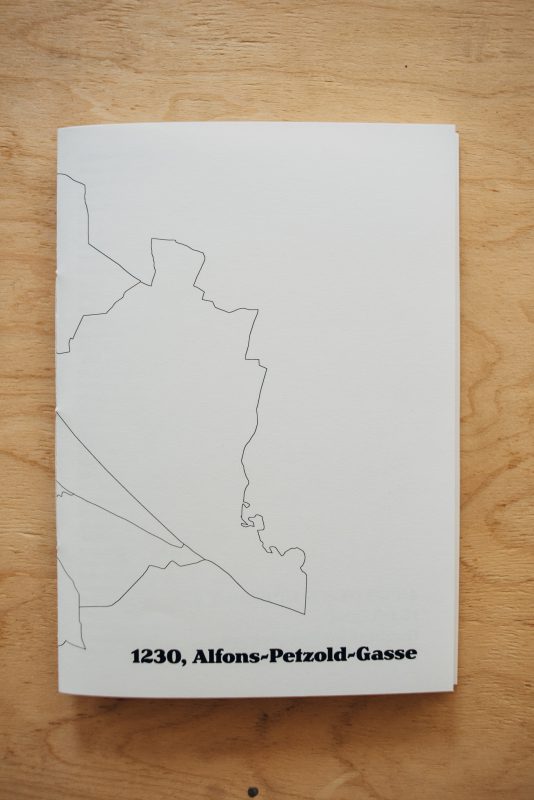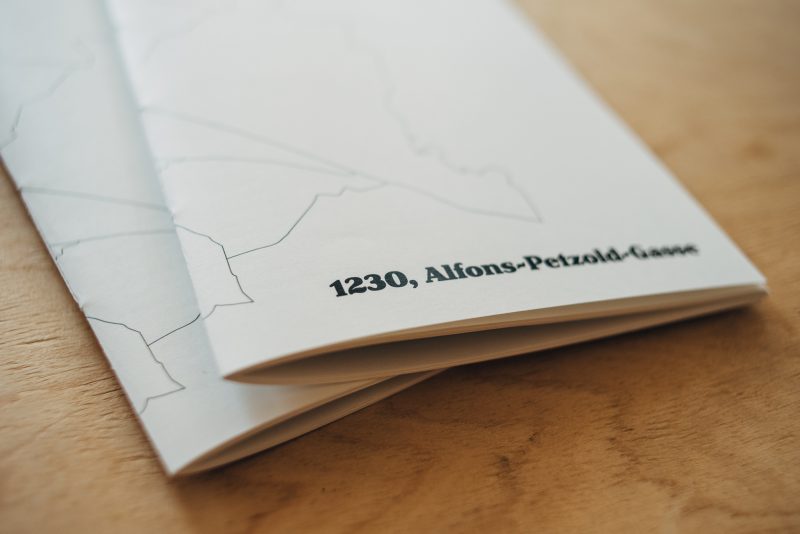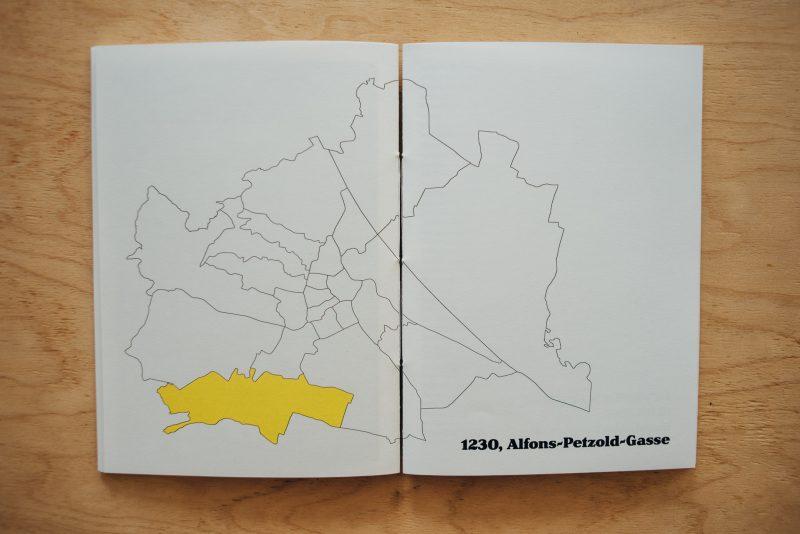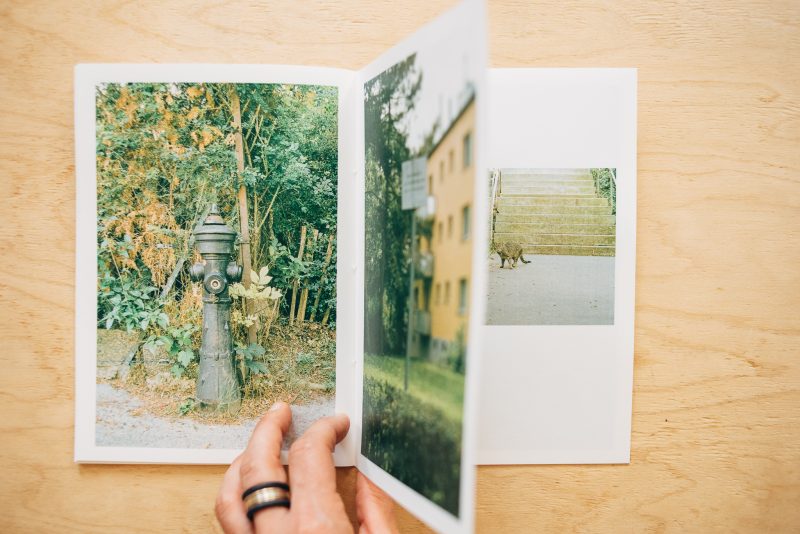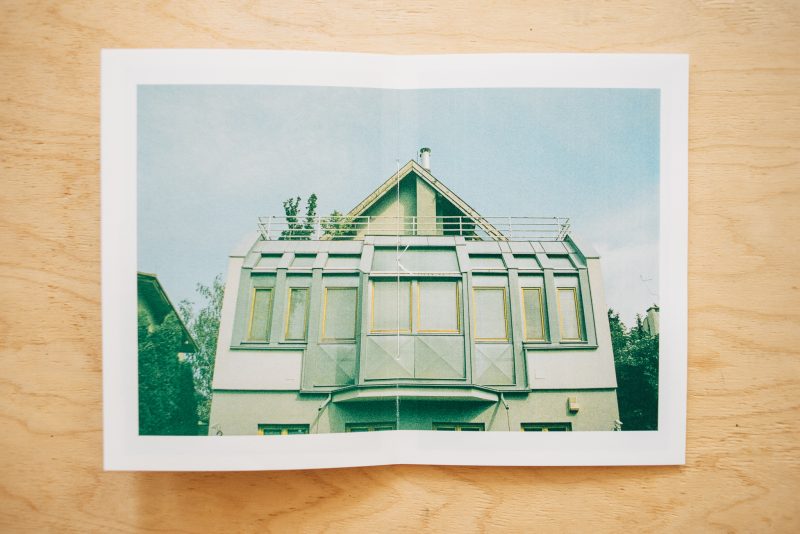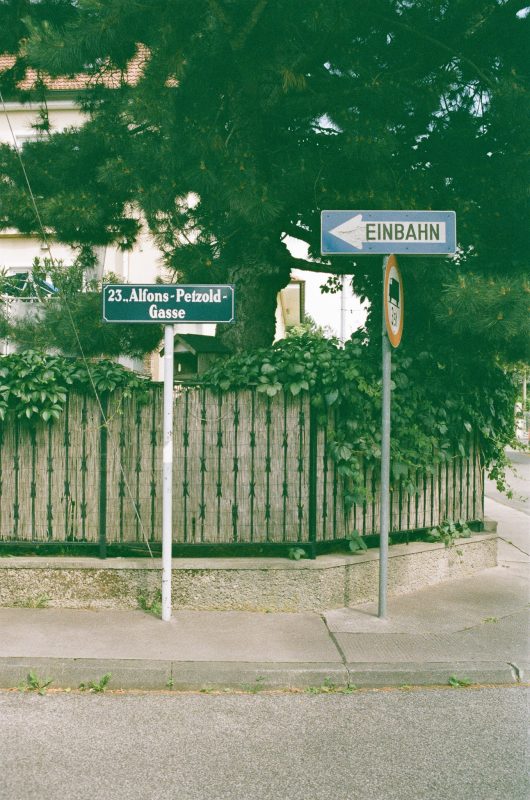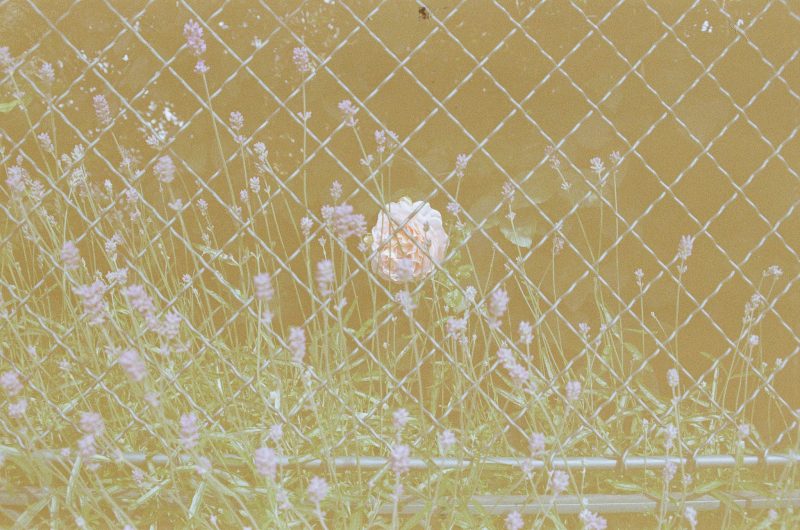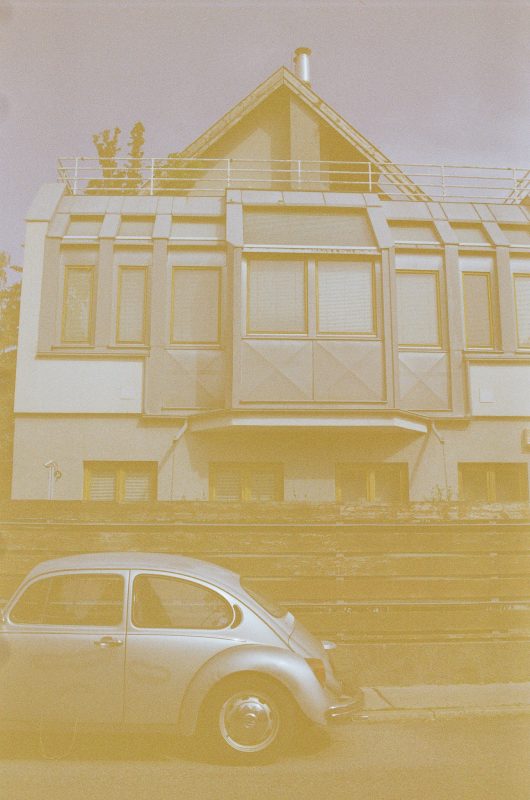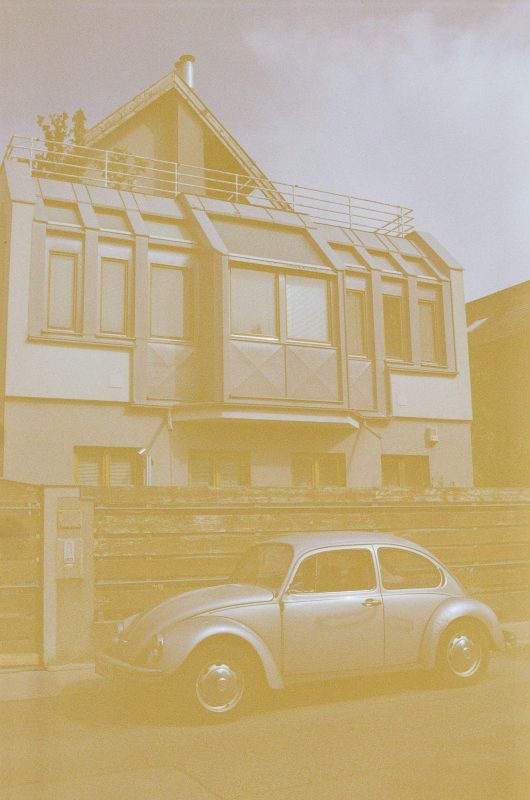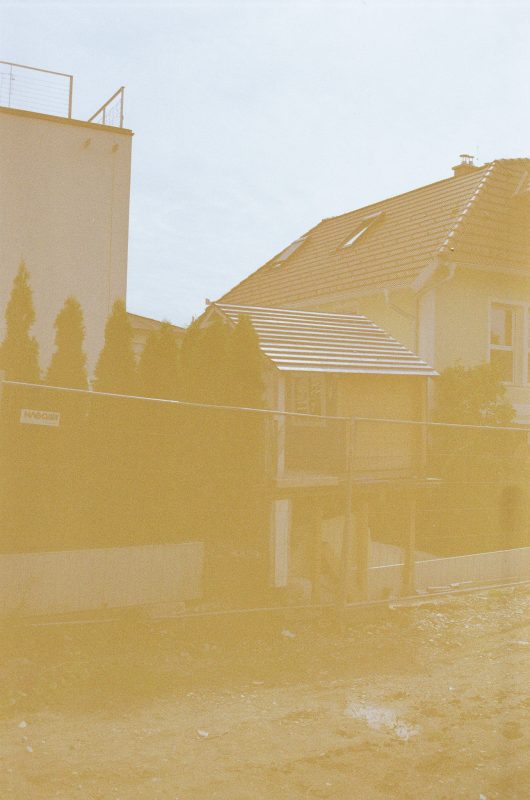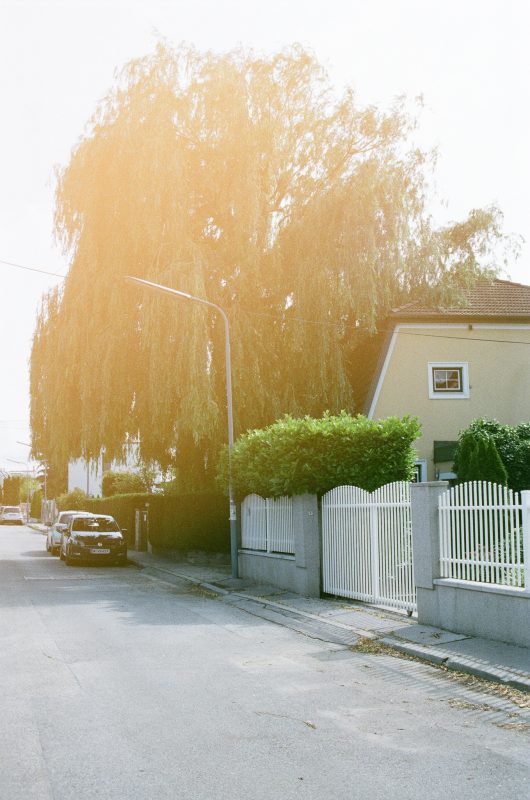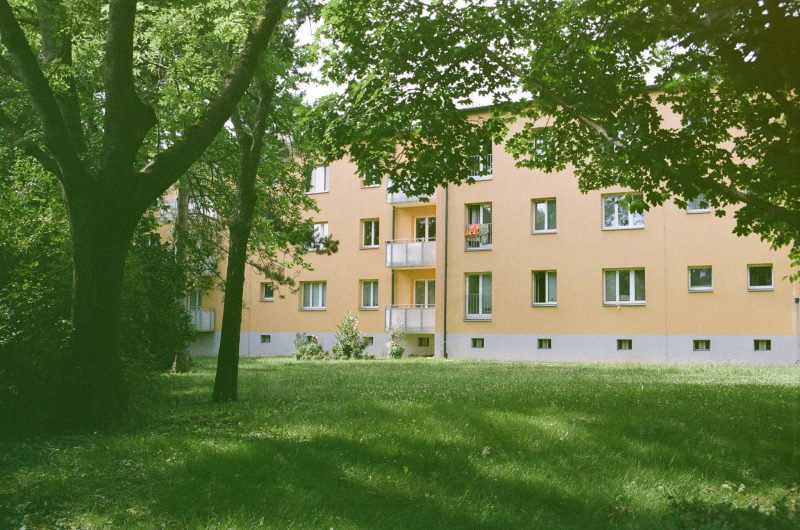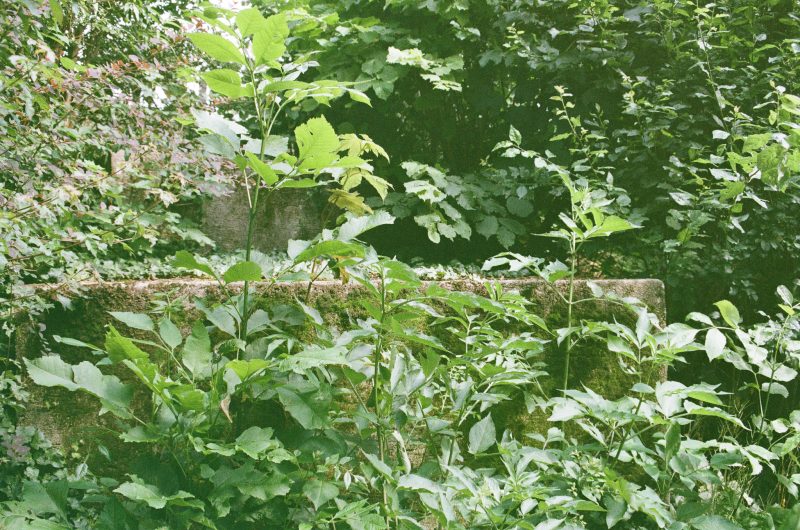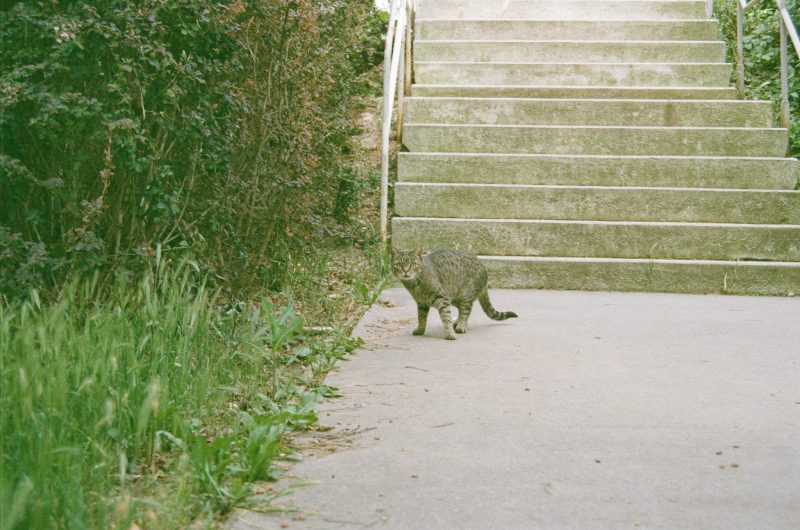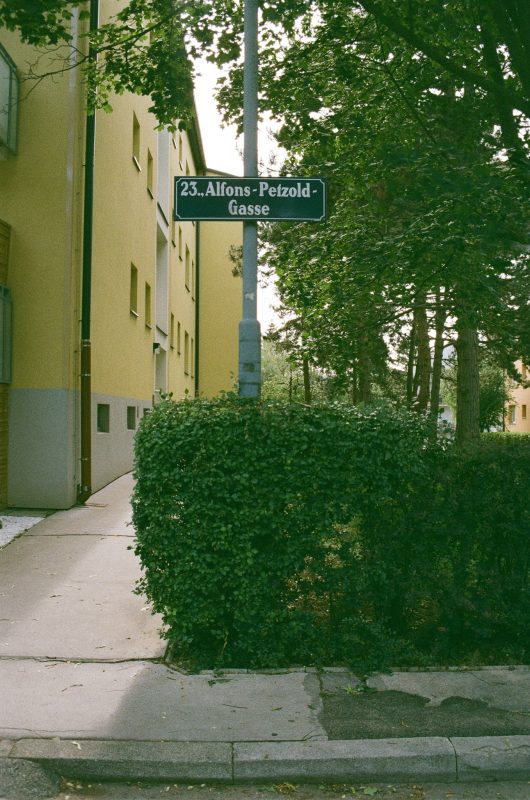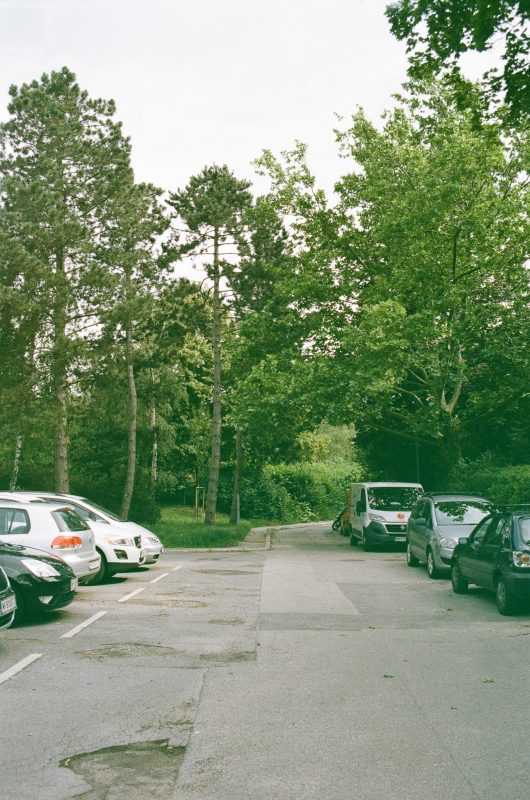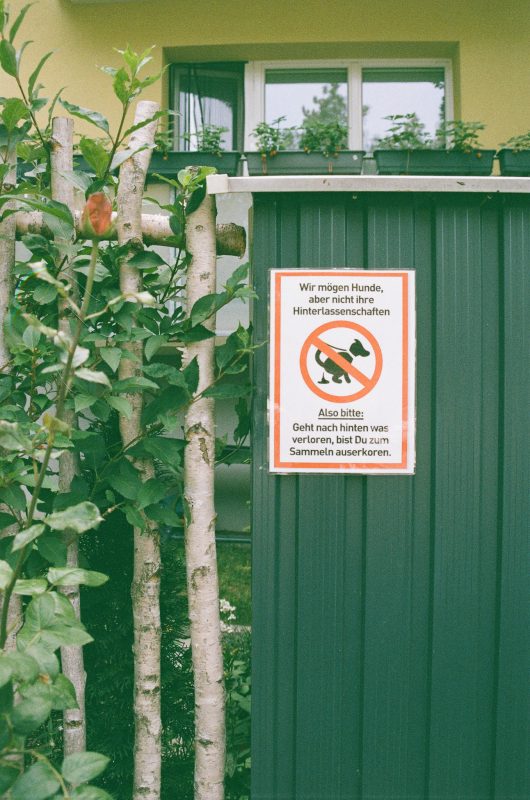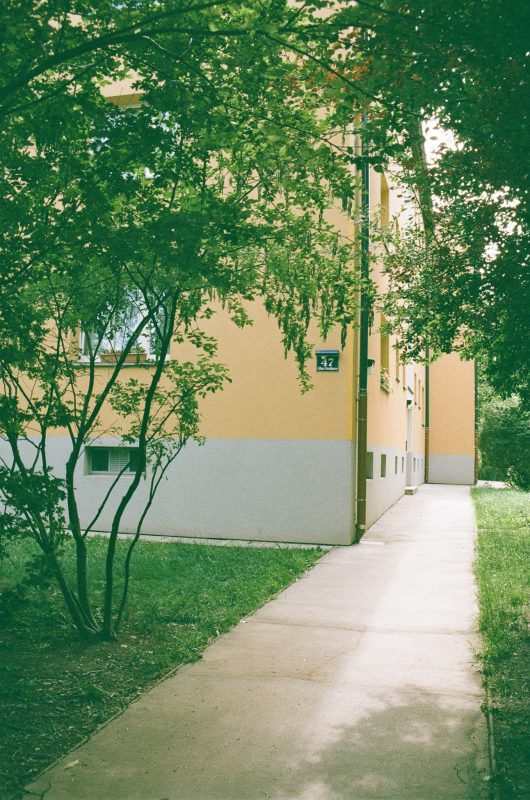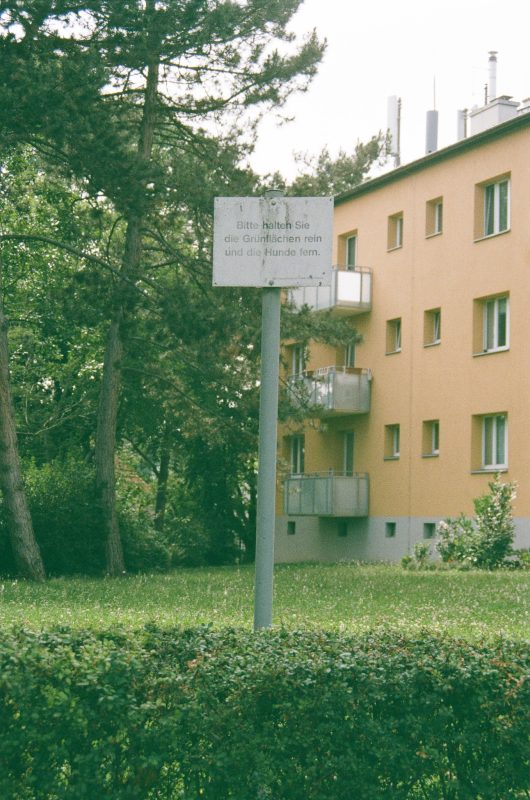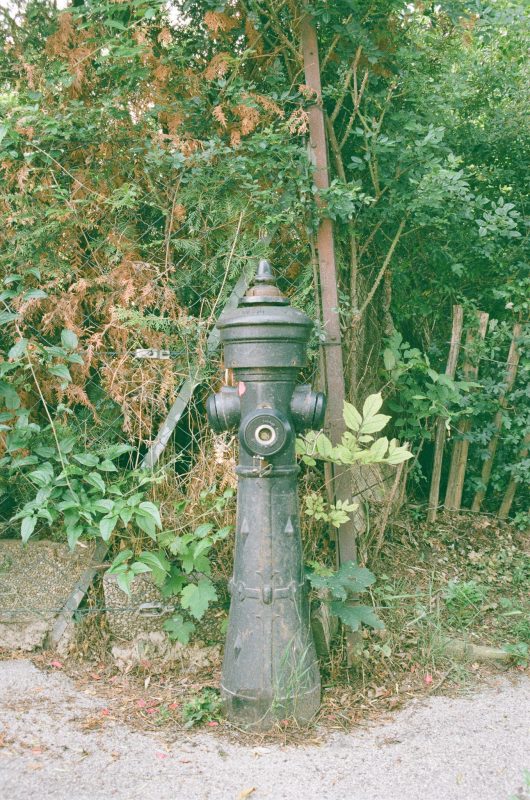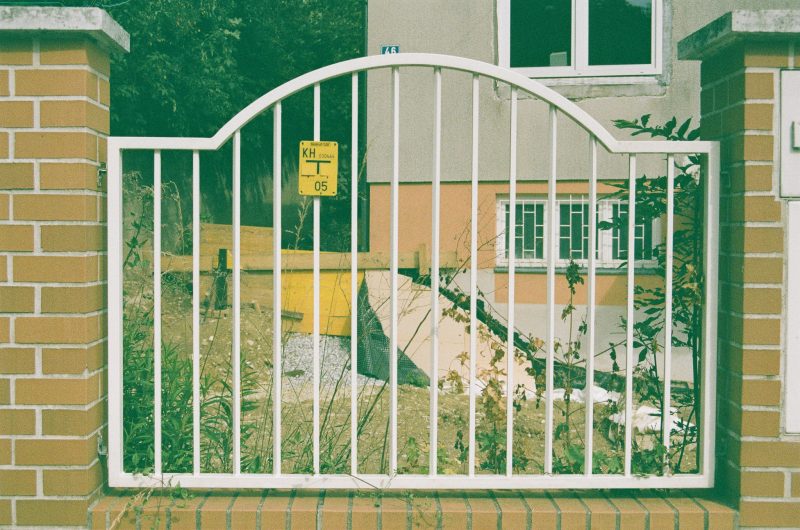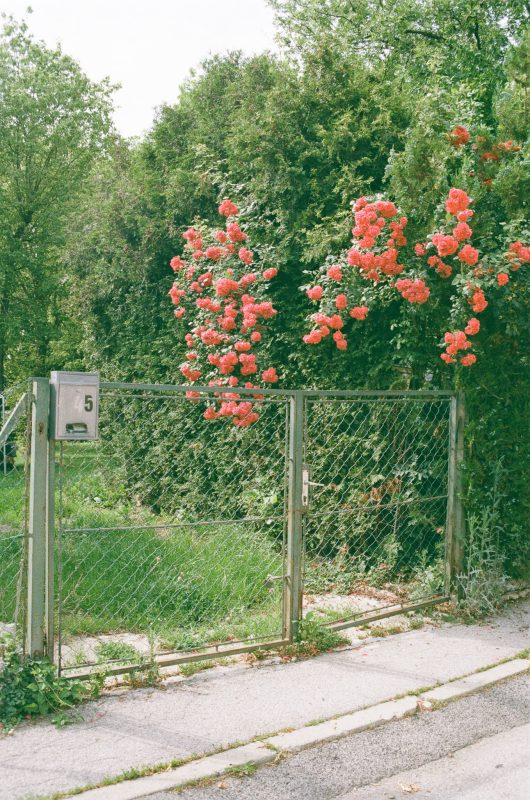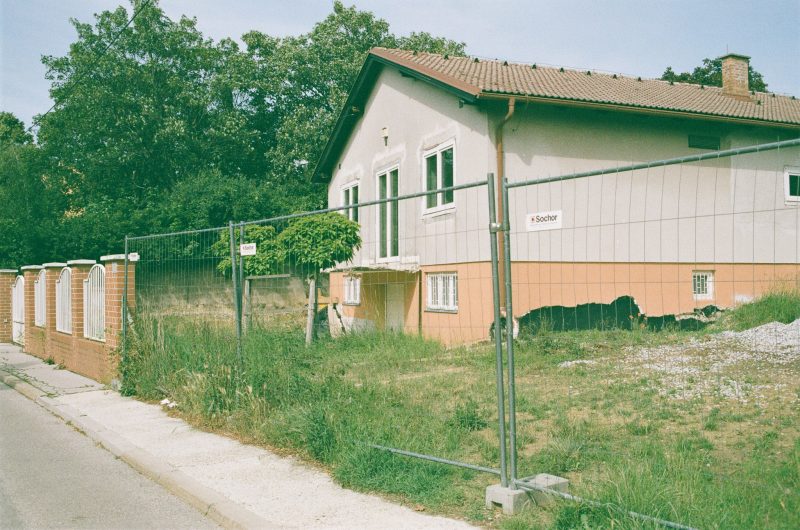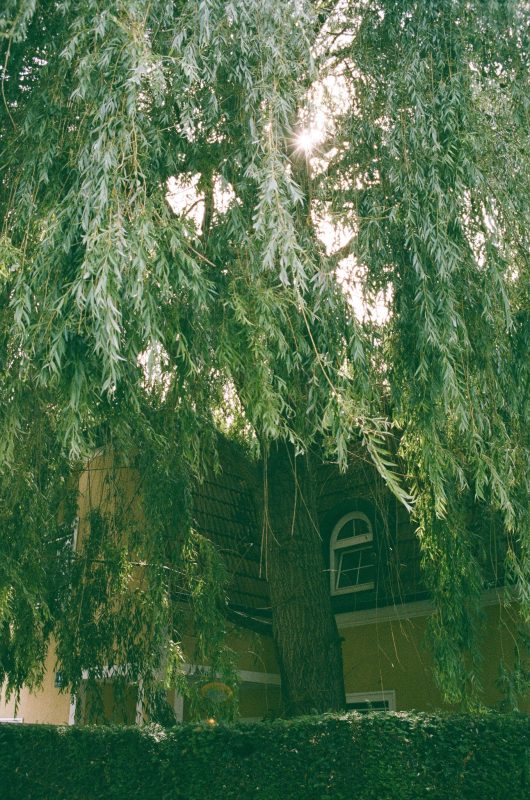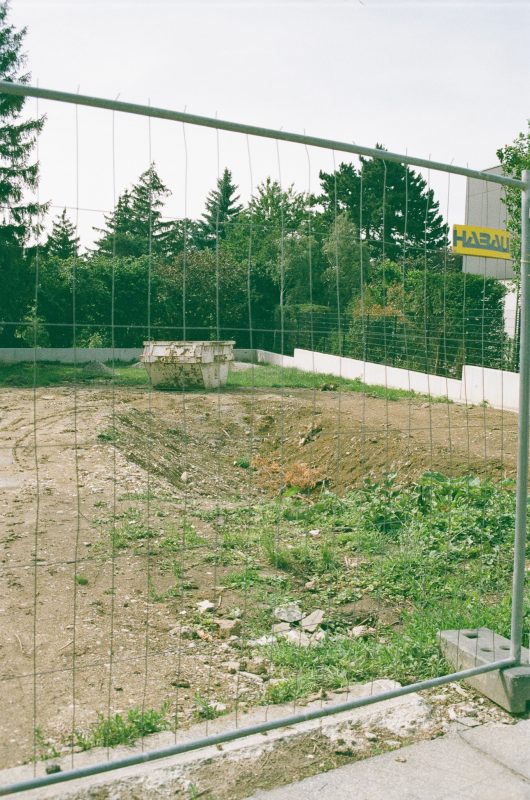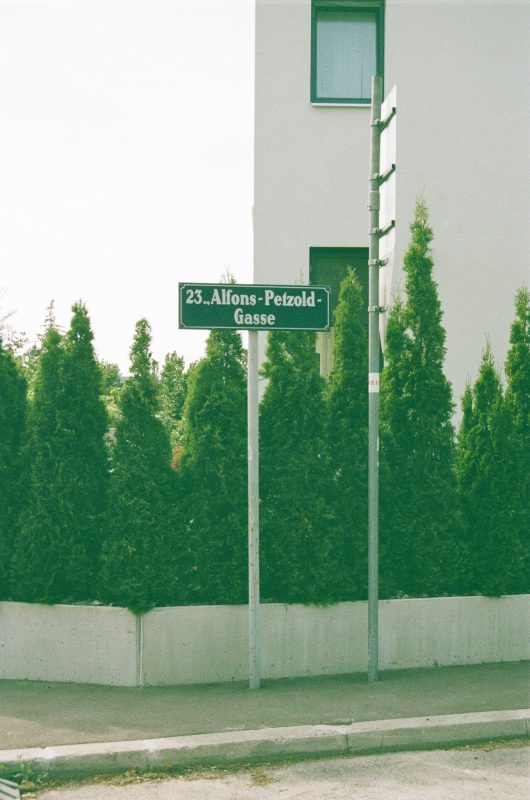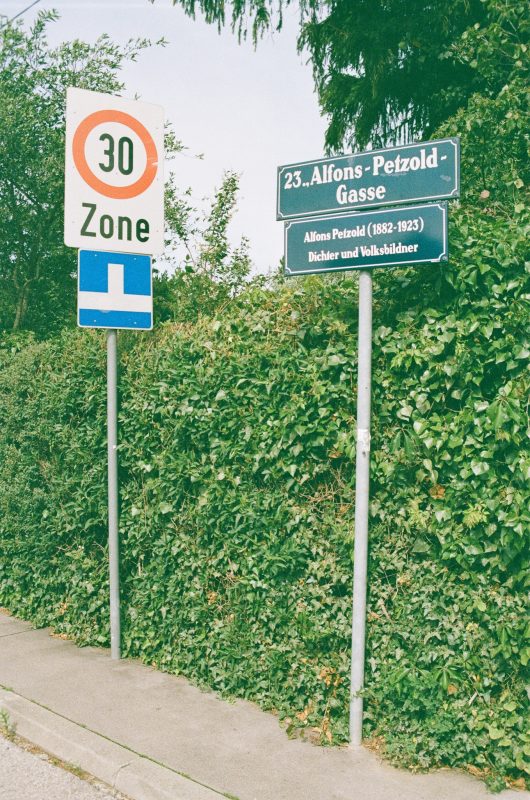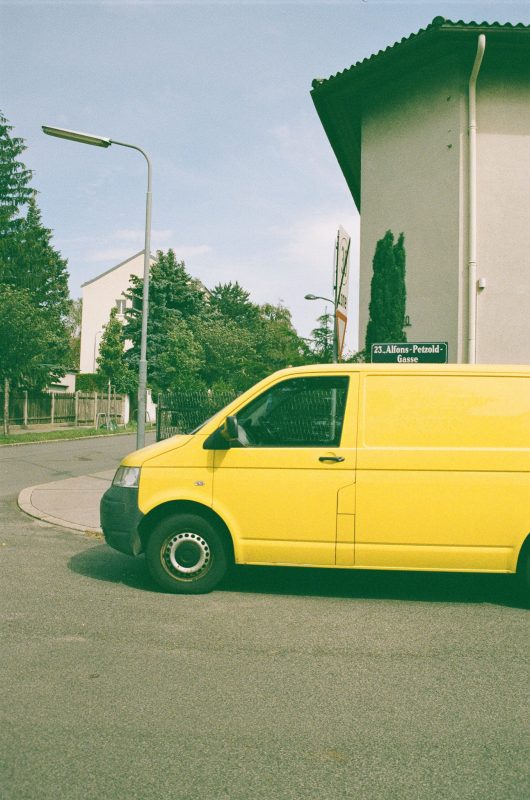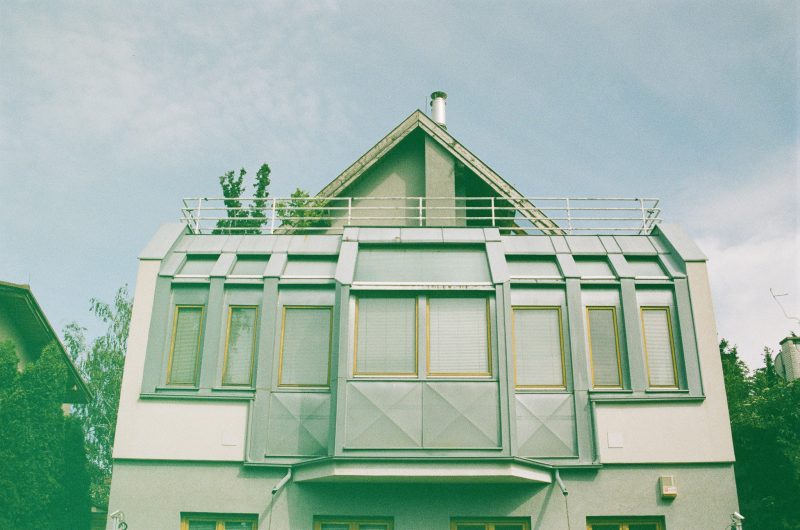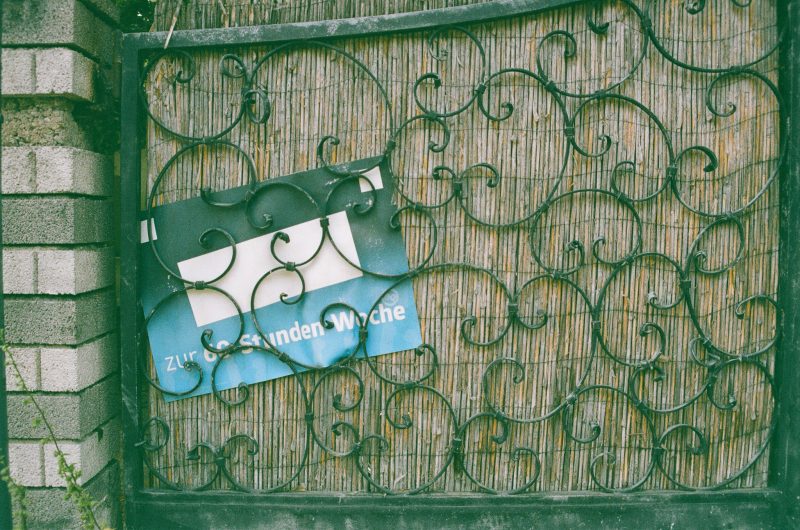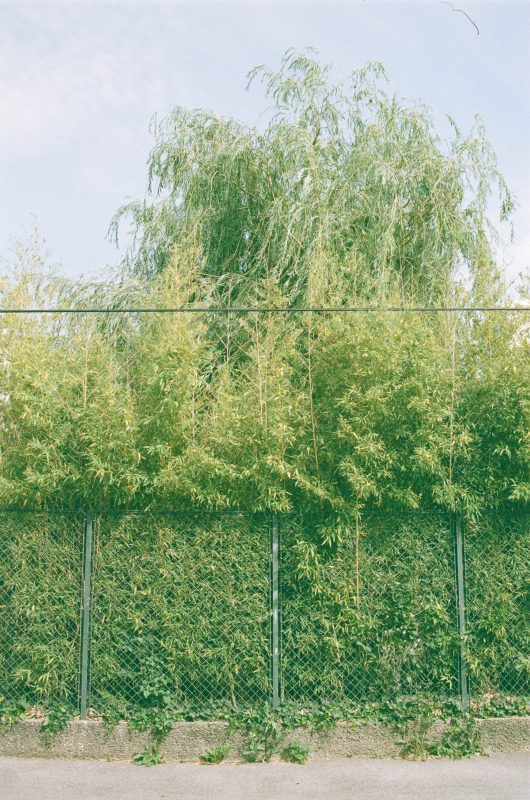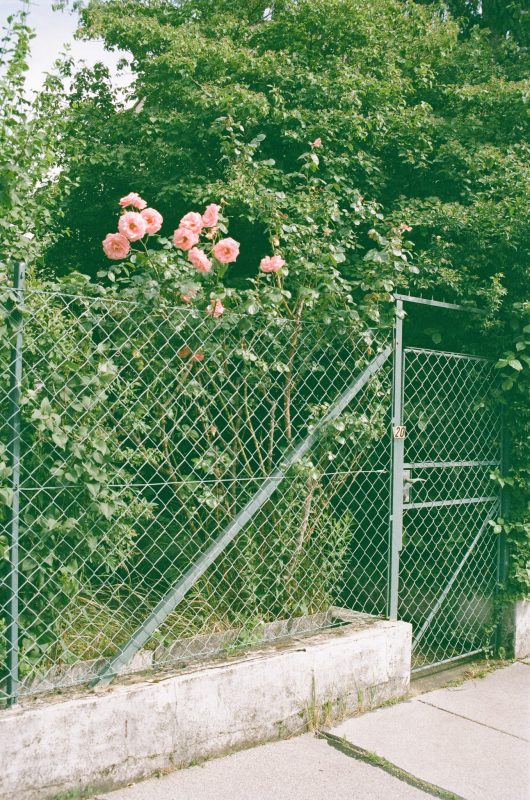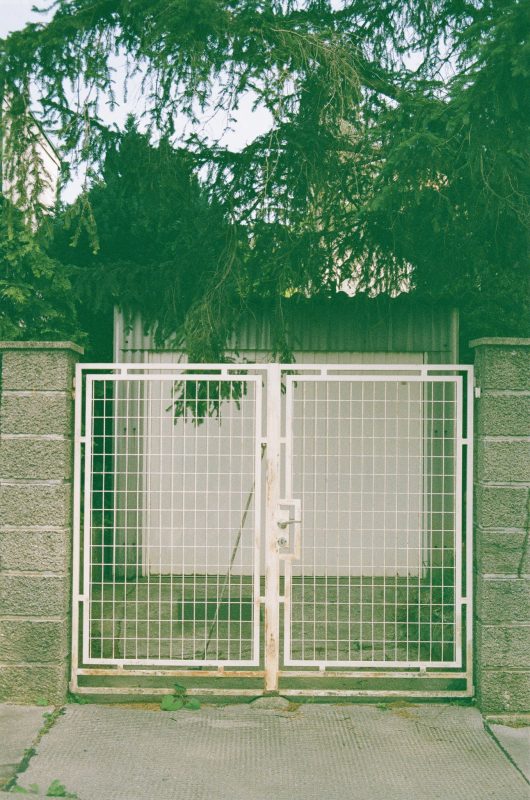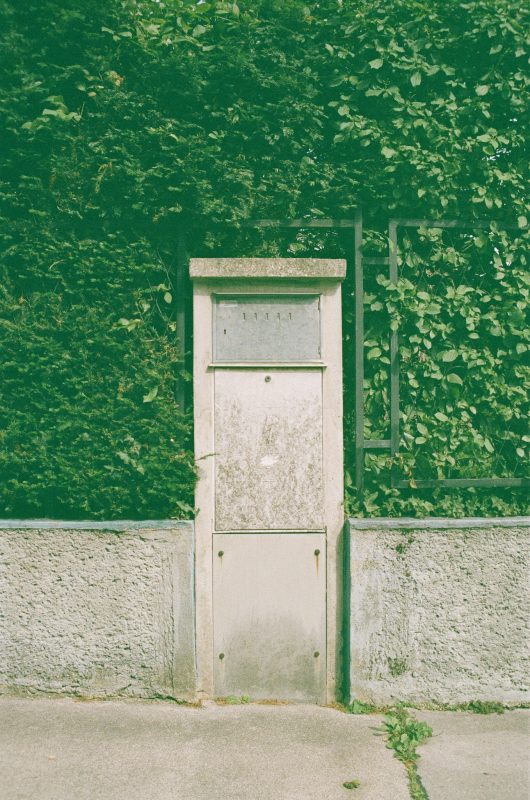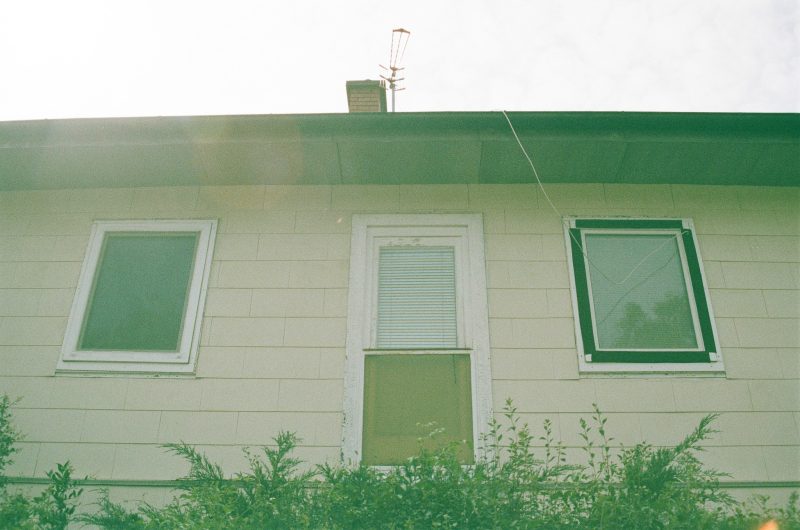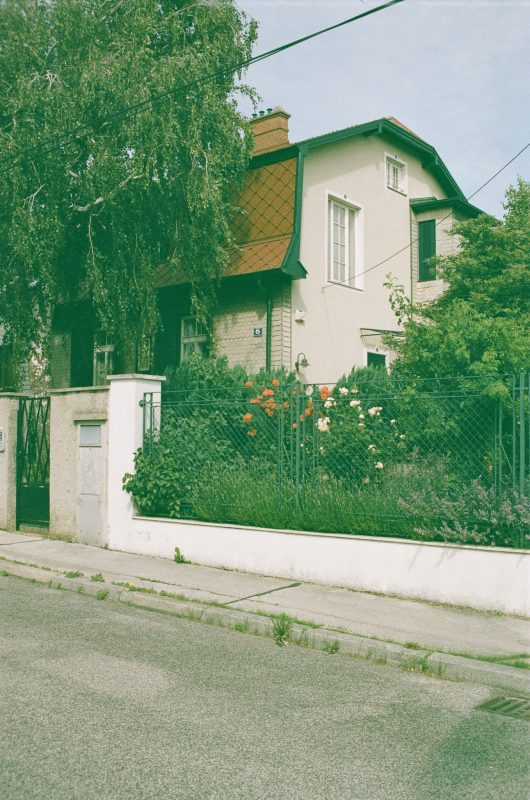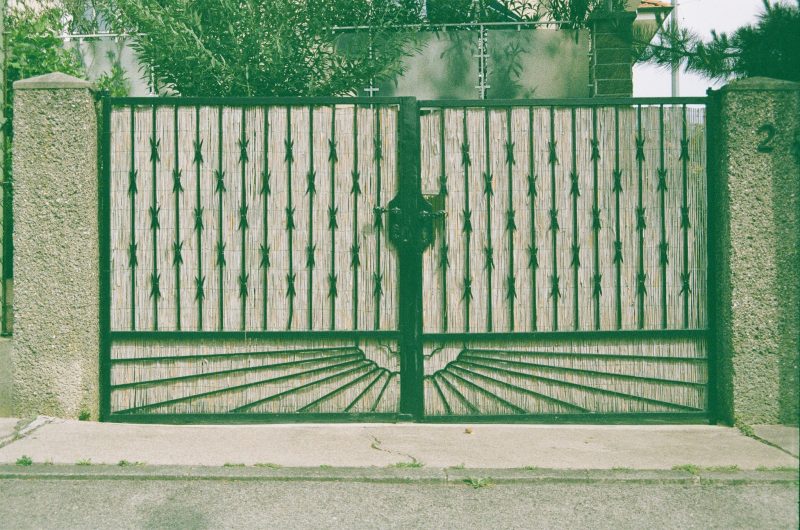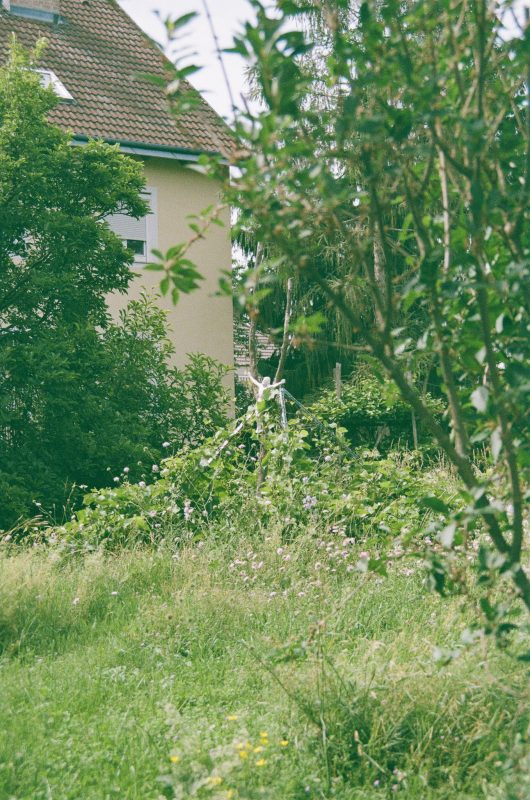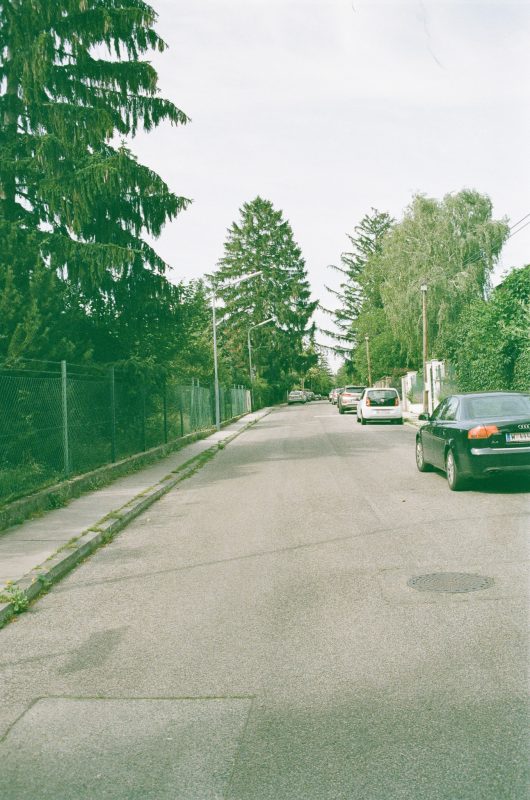Alfons-Petzold-Gasse
1230 Liesing
€ 22,00
Pages: 40 + cover
Edition: 5 + artists copy (first edition)
Date: 2020
Film: dubblefilm Bubblegum
Camera: Minolta Dynax 500si
4 in stock
Buy a print
Alfons-Petzold-Gasse, named in 1925 after the writer Alfons Maria Petzold (01/24/1882– 01/25/1923).
Alfons Petzold was the son of a worker who had moved from Saxony to Austria because of his social democratic sentiments.
Petzold was forced to contribute to the family’s livelihood from an early age. He broke off an apprenticeship in a metal grinding shop due to his poor physical condition, after which he worked as an assistant. He read a lot and thereby continued to educate himself.
After a phase of enthusiasm for the Christian social movement of Karl Lueger and German national ideas, however, Petzold found social democracy.
In 1902 Petzold’s mother died, he was now completely destitute. 1905/06 worked as an editorial clerk for the weekly “Der Weg” where he met Arnold Höllriegel. In 1907 he co-founded the “Ikarus Club” in which he debated socialist theories with friends and made contact with the anarchist Rudolf Großmann.
In 1908 Petzold was diagnosed with tuberculosis. With the support of his friends, he was able to go to a sanatorium in Brunn am Gebirge near Vienna for medical treatment several times.
The encounter with the social democrat and poet Josef Luitpold Stern advanced Petzold’s literary career, Stern promoted the publication of Petzold’s first volume of poetry in 1910.
The novel “Earth” followed in 1913. For health reasons, Petzold did not take part in the First World War, but at the beginning of the war he published poetry full of enthusiasm for war, violent fantasies and national tones (which his mentor Stern, who actually had to call in, explicitly disapproved of).
In 1915 he married Hedwig Seraphine Gamillscheg. In 1917 he moved to Kitzbühel, where he was a social democratic councilor from 1918 and headed the Moser bookstore from 1919.
From 1919 Petzold worked as a freelancer for the Wiener Zeitung. His most successful book, a stylized portrayal of his difficult childhood and youth, was published in 1920 under the title “Das rauhe Leben”. With his work, in which he combined social issues and religious perspectives up to mysticism and pantheism in an idiosyncratic way, Petzold was considered an important working-class poet during his lifetime.
After his death, his autobiography was falsified by interventions and cuts in the nationalistic sense; therefore Petzold was tolerated as a kind of Austrian homeland poet during the Third Reich and his work was reissued. After 1945, Petzold was largely forgotten.

